At the 79th World Magnesium Conference held on August 30 in Barcelona, Spain, the International Magnesium Association Award Committee announced that the "Magnesium Ion Battery" project completed by the National Engineering Research Center for Magnesium Alloys of Chongqing University in cooperation with Guangdong National Research Institute and Guangdong Academy of Sciences won the 2022 International "Magnesium Future Technology Award". This was the only "Future Technology Award" in the global magnesium industry. Professor Huang Guangsheng made an online speech as the award-winning representative. This is the third important award won by the team of Pan Fusheng in the field of magnesium battery after winning the International Magnesium Science and Technology Product Innovation Award and the Excellent Product Innovation Award on China Shenzhen Hi-Tech Fair in 2021. It is a high affirmation of the research work carried out by Chongqing University in magnesium batteries and reflects the high expectation of the industry and the market for energy storage technology by magnesium under the background of carbon neutrality and emission peak.
As is known to all, lithium ion batteries have made great contributions to the information industry, automobile industry and contemporary economic development. However, lithium ion batteries have some disadvantages, such as resource shortage, high cost, serious environmental pollution and poor safety. Frequent explosion accidents directly affect people's health and safety, and resource shortage seriously affects national resource security and energy security. The cost of magnesium is only 1/25-50 of that of lithium. Magnesium battery has high safety because its anode is not easy to grow dendrite. Magnesium and its compounds have no environmental pollution. The theoretical energy density of magnesium battery is equivalent to that of lithium ion battery. Therefore, magnesium ion battery is one of the next generation secondary batteries with the most promising application prospects and it is considered as the potential pioneer of the battery industry. China is rich in magnesium resources, and the R&D and industry of magnesium and magnesium alloys take the leading position in the world. Vigorous development and application of magnesium ion batteries can effectively alleviate the problem of lithium resource shortage, which has very important strategic significance and market value for the development of energy storage industry and information industry, and the upgrading of new energy vehicles.
Some products and technologies developed by CQU's magnesium battery team:
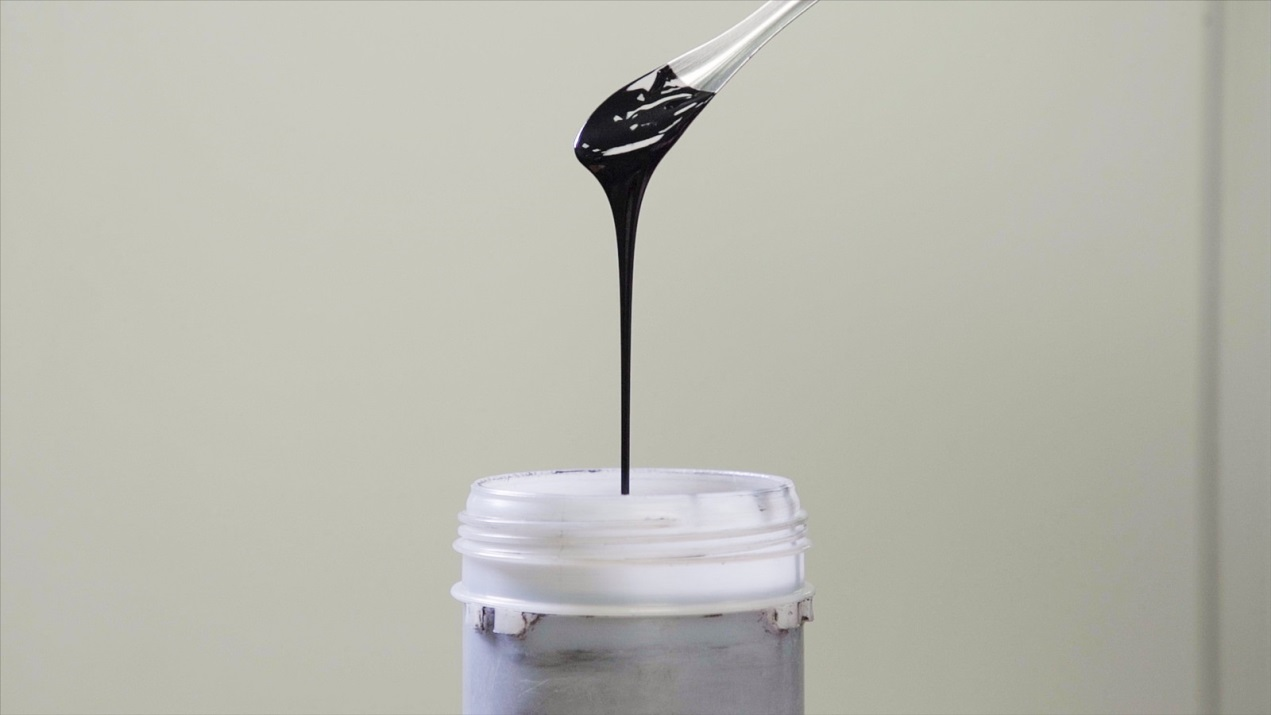
Fig.1: Battery paste
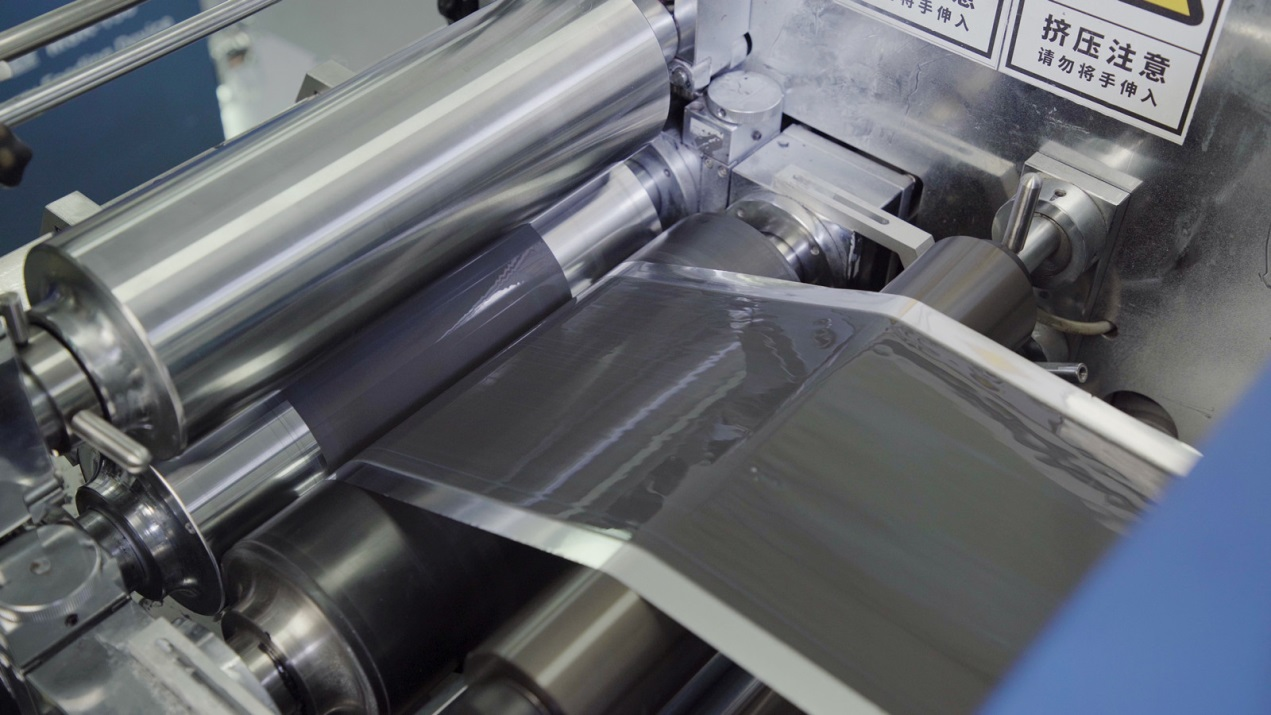
Fig.2: Pole piece coating
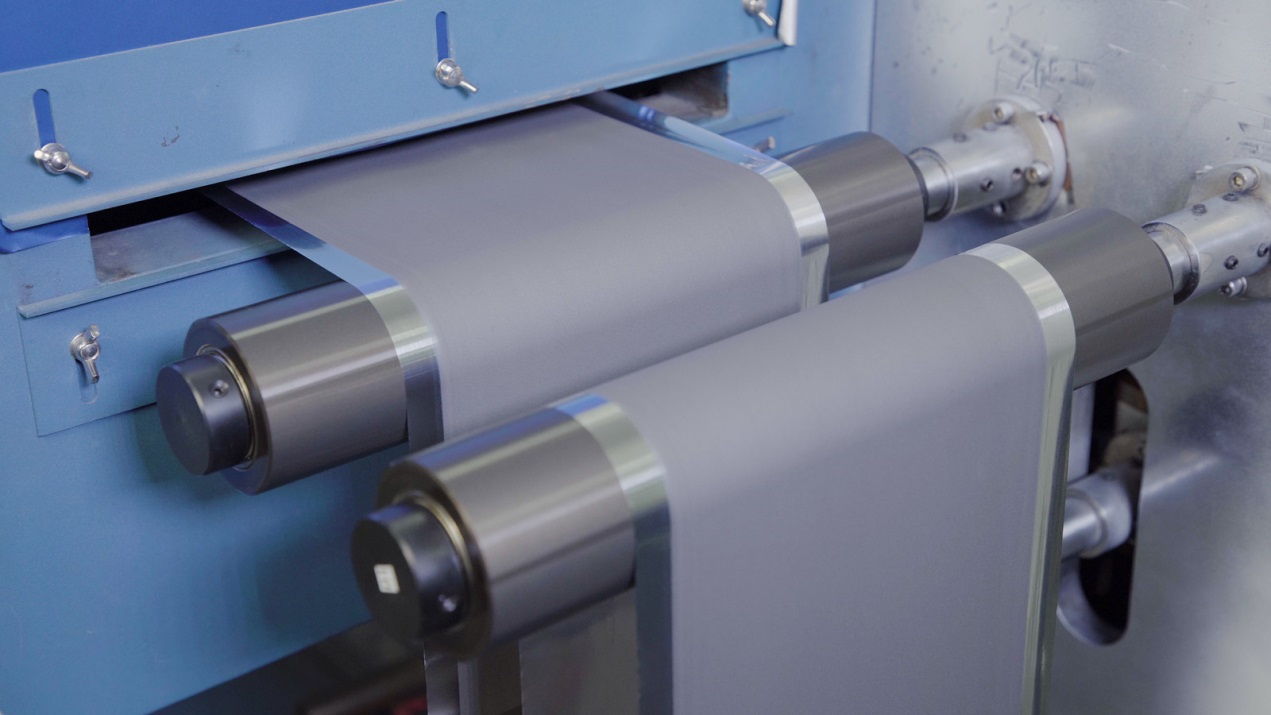
Fig.3: Pole piece drying
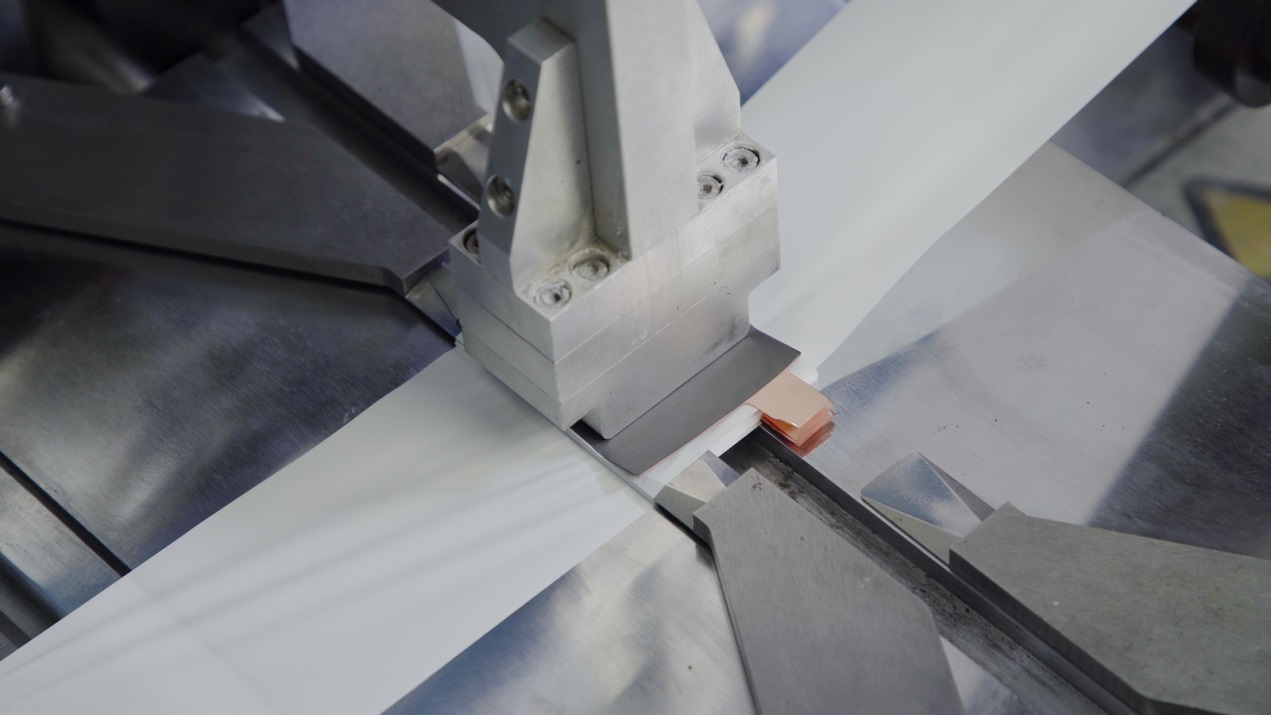
Fig.4: Lamination
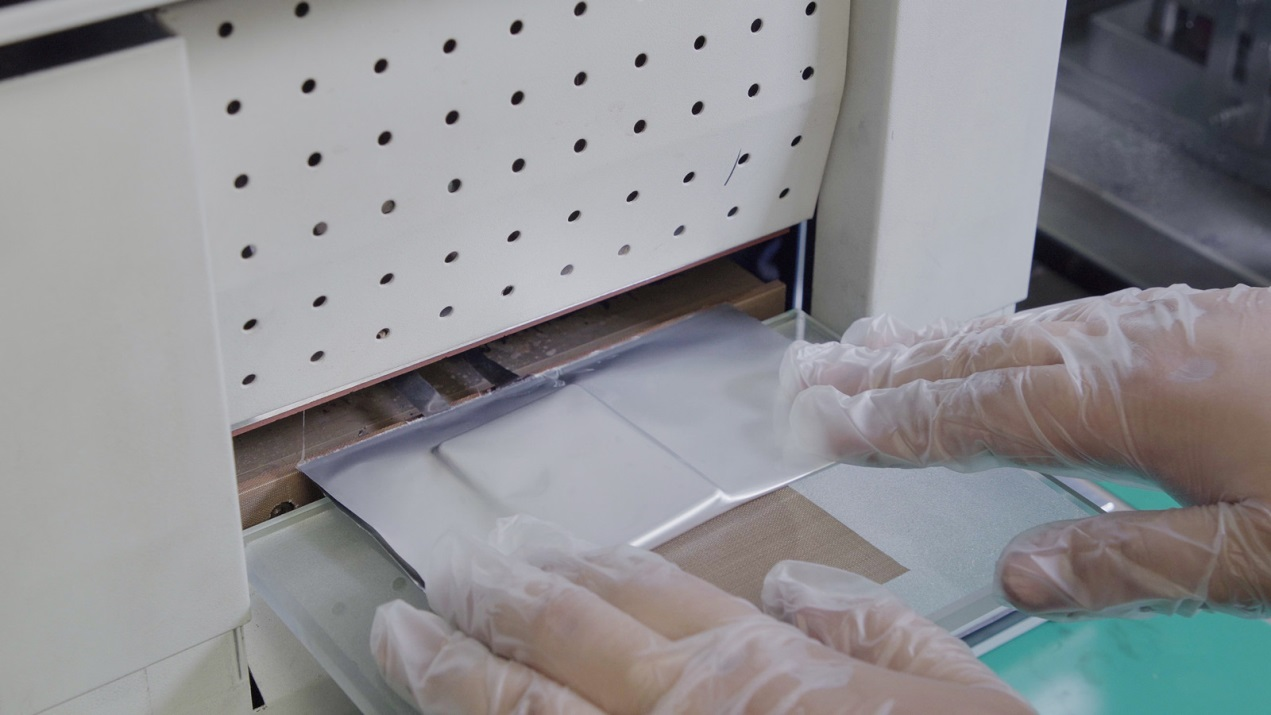
Fig.5: Battery packaging
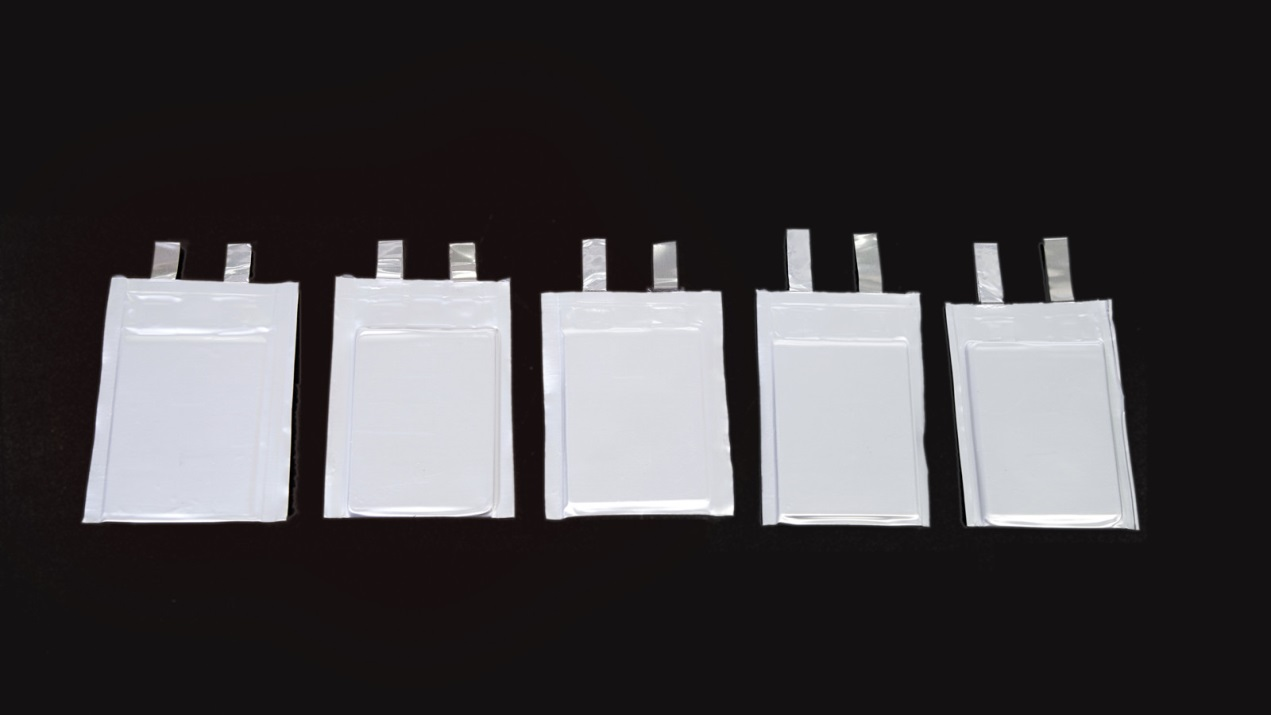
Fig.6: Battery cell by flexible package
Chongqing University is the supporting institution of the International Society for Energy Storage Materials. It has established the world's largest research team led by academician Pan Fusheng and back-boned by numerous national talents for energy storage materials such as magnesium batteries and magnesium hydrogen storage. Further, it has founded the Chongqing New Energy Storage Materials and Equipment Research Institute in cooperation with Liangjiang New Area of Chongqing and jointly established the Greater Bay Area Energy Storage Demonstration Base in Shenzhen with Guangdong scientific research institutes and enterprises. Core members of the magnesium battery team are respectively professor Huang Guangsheng, professor Wang Jingfeng, professor Zhou Xiaoyuan, professor Li Hongyi, professor Li Lingjie, researcher Xu Chaohe, professor Liu Yuping, researcher Yuan Yuan, associate professor Wang Jinxing, associate professor Wu Liang, associate professor Xu Junyao, associate professor Qu Baihua, associate professor Diao Jiang, etc. With the direct concern of leaders from Chongqing Municipal Government and Chongqing University, the magnesium battery team has carried out systematic basic research and targeted technical research on the key scientific problems and technical bottlenecks of magnesium batteries. In recent years, it has made a series of achievements in the fields of anode materials, electrolytes and equipment, and published more than 100 papers closely related to magnesium batteries. It has also successfully developed high-voltage and long-life manganese-based Prussian Blue cathode materials, high-specific capacity sulfur cathode materials, high-power vanadium cathode materials, high-performance Mg-RE alloy cathode materials and foil processing technology, low-cost all-inorganic salt electrolyte and boron-based electrolyte, with all main indicators at the international frontier. In addition, the team has successfully realized the batch trial production of key materials such as cathode and electrolyte, and developed ampere-hour flexibly-packaged magnesium battery. At present, it is cooperating with enterprises to carry out industrialization research and application demonstration.
